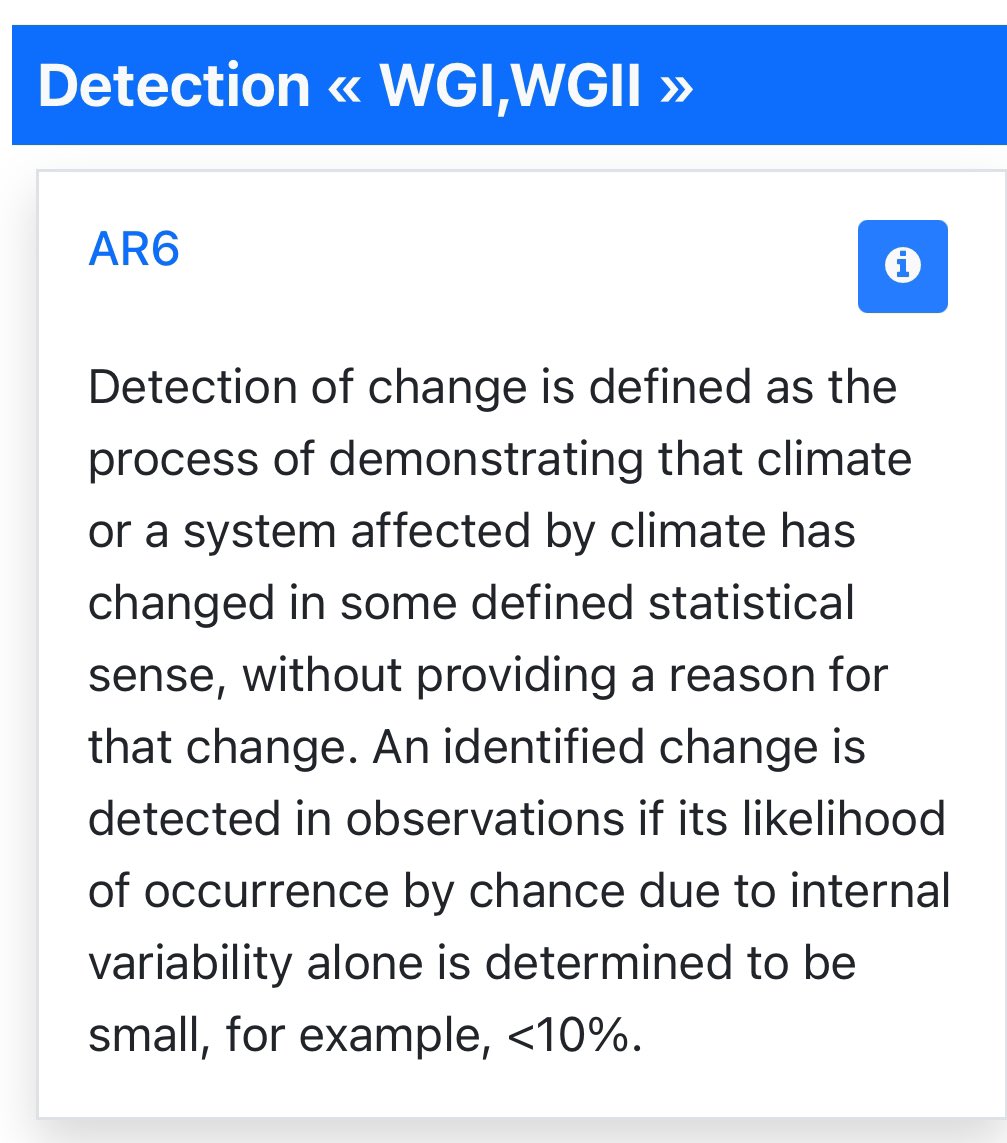🧵
Last month my op-ed in @FT on outdated climate scenarios of the NGFS used by central banks around the world to assess future climate risk & climate policy risk
I argued that the NGFS baseline scenario projected an implausible future for CO2 emissions
ft.com/content/a82a7b…
Last month my op-ed in @FT on outdated climate scenarios of the NGFS used by central banks around the world to assess future climate risk & climate policy risk
I argued that the NGFS baseline scenario projected an implausible future for CO2 emissions
ft.com/content/a82a7b…

Today the NGFS has published newly updated climate scenarios ... and guess what? I was correct and to their credit, they are moving their baseline scenarios in the right direction
This thread has a quick analysis of NGFS 2.0
This thread has a quick analysis of NGFS 2.0
https://twitter.com/NGFS_/status/1401878214537101325?s=20
Here is how the new NGFS baseline (red) looks compared to that which I critiqued as implausible (blue)
NGFS 2.0 has emissions growing to ~2080 and plateauing thereafter
This is a massive revision is just a short time frame
Good for NGFS
NGFS 2.0 has emissions growing to ~2080 and plateauing thereafter
This is a massive revision is just a short time frame
Good for NGFS

However, even with the massive revision (cumulative CO2 emissions from energy 2020-2100 lowered by ~18%), a case can still be made that the NGFS "current
policies = Hot House World 2.0" scenario is still too extreme as a baseline
policies = Hot House World 2.0" scenario is still too extreme as a baseline

Here is how it looks compared to HHW 1.0 as well as the range of plausible scenarios in Pielke et al 2021
Much better, but still extreme
Much better, but still extreme

The good news is that NGFS has added a second baseline "NDCs" that offers a more plausible baseline against which to perform stress testing and transition risk analyses
ngfs.net/sites/default/…
ngfs.net/sites/default/…

Bottom line
Bravo to the @NGFS_ for recognizing that its scenarios were out of date & taking quick action to update them
Read more about the NGFS scenarios here: ngfs.net/sites/default/…
And download scenario data here: ngfs.net/ngfs-scenarios…
/END
Bravo to the @NGFS_ for recognizing that its scenarios were out of date & taking quick action to update them
Read more about the NGFS scenarios here: ngfs.net/sites/default/…
And download scenario data here: ngfs.net/ngfs-scenarios…
/END
PS. The NGFS methodology still has some serious problems
For instance the tropical cyclone damage function employed relies on Emanuel 2011 (based on our methods actually) that uses SRES A1b (like RCP8.5) plus a single model
Guess which model was selected to use from the below?
For instance the tropical cyclone damage function employed relies on Emanuel 2011 (based on our methods actually) that uses SRES A1b (like RCP8.5) plus a single model
Guess which model was selected to use from the below?

The tropical cyclone damage analysis of the NGFS cites Emanuel 2011 which is actually a follow-up to our paper:
Crompton et al 2011. Emergence timescales for detection of anthropogenic climate change in US tropical cyclone loss data. ERL, 6(1), 014003.
iopscience.iop.org/article/10.108…
Crompton et al 2011. Emergence timescales for detection of anthropogenic climate change in US tropical cyclone loss data. ERL, 6(1), 014003.
iopscience.iop.org/article/10.108…
Our paper reports comprehensive results from CMIP3 model ensemble (so pretty dated), Emanuel's re-do of our analysis applies his bespoke methods (ignoring CMIP) & still arrives at similar results
Even so, cherry picks most extreme model results
This carried forward to NGFS 2021
Even so, cherry picks most extreme model results
This carried forward to NGFS 2021
Understanding scenarios in climate research and applications is ridiculously complex as there are scenarios nested within scenarios (within scenarios and so on), typically using assumptions that go back a decade or more
It is a troubling black box
It is a troubling black box
• • •
Missing some Tweet in this thread? You can try to
force a refresh
















